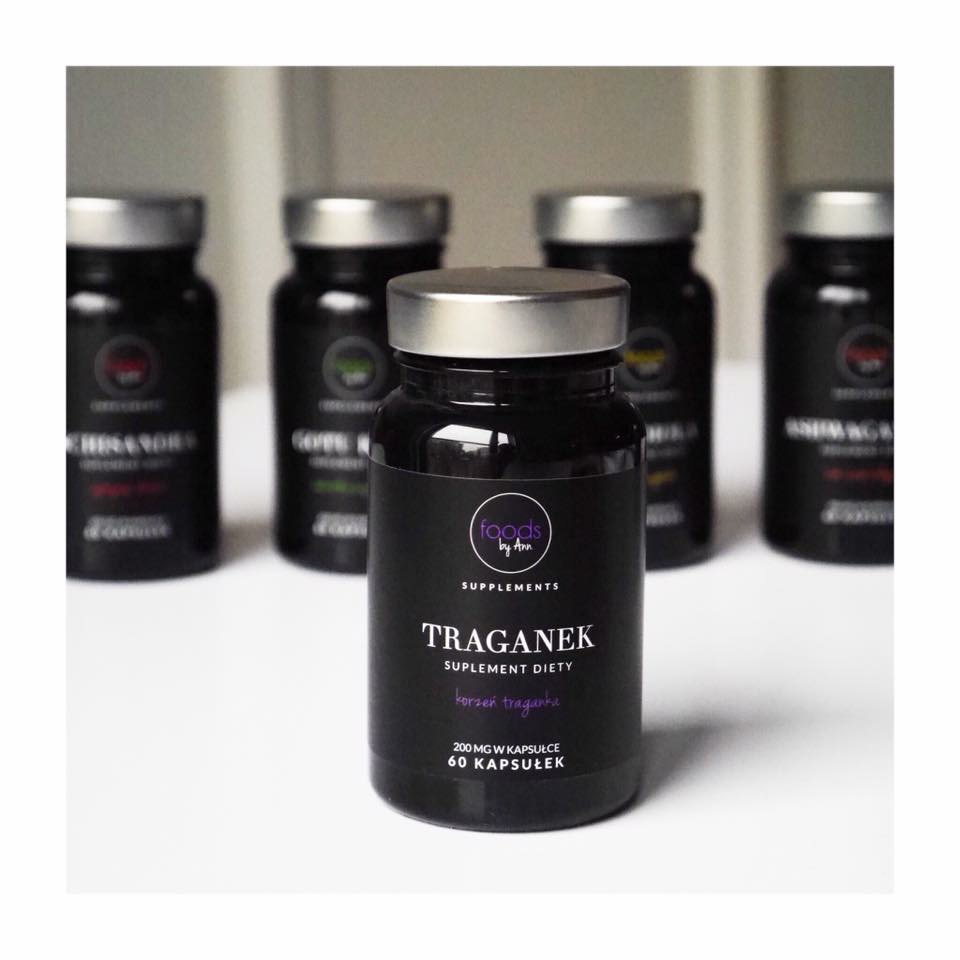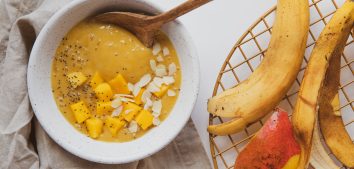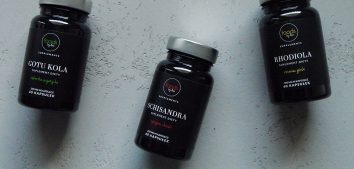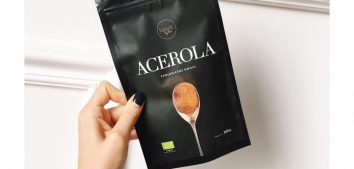
Tragacanth – wonderful herb of the far east
I HAVE NEW PRODUCT FOR YOU!
Another adaptogen in Foods by Ann is the Tragacanth

Tragacanth – a wonderful herb of the far east
Tragacanth (Astragalus membranaceus) is a herb used for centuries in Chinese medicine. We can find over 2000 species of this plant, but not all have the same properties. Species present in supplements are used in a number of conditions, including upper respiratory tract infections, heart disease, hepatitis, chronic diarrhea, and as a cancer treatment aid. Tragacanth, like any adaptogen, affect many metabolic processes in our body, improving our mood and overcoming fatigue.
Why do we value extracts from the Tragacanth?
Tragacanth is also known as Huang Qi – yellow leader. This name is related to both the root (medicinal part of the plant) and the fact that it is one of the most popular herbs used in Chinese medicine. The health benefits of the extract are its rich composition. The plant is rich in triterpenes, flavonoids, polysaccharides, phytosterols and substances such as betaine, choline, coumarin and γ-aminobutyric acid. Tragacanth is also a great source of minerals, we can find in it elements such as zinc, iron, copper, magnesium, manganese, calcium, sodium, potassium, or silver.
Immunomodulating properties
Tragacanth is one of the main components of medicinal blends used to strengthen the immune response of our body. Cell and animal studies show that Astragalus has stimulating effects on bone marrow and lymphatic tissue, increasing the number of stem cells and stimulating the maturation of immune cells. Flavonoids and saponins contained in the Tragacanth promote lymphocyte proliferation and increase secretion of cytokines such as interleukin 2. Increased production of this interleukin promotes hope in the fight against cancer. The most important effect of tragacanth extract is the restoration of normal immune function during the administration of medicinal products, the side effect of which is the dysfunction of the immune system – for example in the case of receiving chemotherapy.
The tragacanth extract is also a powerful antioxidant
Many substances contained in the Tragacanth extract have an antioxidant effect, a free radical-neutral action. Astragalus has also been shown to promote and improve the function of antioxidant enzymes, especially superoxide dismutase and glutathione peroxidase. Flavonoids also protect against excessive lipid peroxidation in our body, which is extremely important in the prevention of coronary heart disease.
Can tragacanth help cancer treatment?
Treatment of cancer is a difficult and very complicated matter. Chemotherapy is often not effective and has many serious side effects. We are increasingly beginning to appreciate the support of alternative therapies with natural substances. Such an approach can bring better outcomes in the fight against disease and reduce its complications. Animal studies have shown that tragacanth extract inhibited the growth of colorectal cancer, renal cell carcinoma and liver cancer. A number of studies have shown that astragalus herbal mixtures increase the effectiveness of chemotherapy and reduce the incidence of side effects. Also remember that this plant strongly stimulates our immune system, which further supports the fight against cancer.
Tragacanth can be very powerful, so is it safe?
The National Center for Complementary and Integrative Health (NIH) stresses that Tragacanth products are safe for adults and can bring many health benefits. As the extracts from this herb can affect your blood sugar and blood pressure, people who have certain health problems such as diabetes or hypertension should consult taking the medicine with your doctor. Studies have also shown the interaction of tragacanth extracts and some immunosuppressive drugs. The use of extracts during cancer treatment should be consulted with a physician. Also note that not all Tragacanth types have the same properties. Some of them contain many undesirable substances such as neurotoxins. These species should not be included in the dietary supplements available, so be sure to select the products from a proven source.
Source:
1. Auyeung K.K., Han Q.B., Ko J.K.: Astragalus membranaceus: A Review of its Protection Against Inflammation and Gastrointestinal Cancers. The American Journal of Chinese Medicine. 2016; 44: 1–22.
2. McCulloch, See C.S., Shu X.J., Broffman M., Kramer A et al.: Astragalus-based Chinese herbs and platinum- based chemotherapy for advanced non-small-cell lung cancer: Meta-analysis of randomized trials. J. Clin. Oncol. 2006; 24: 419–430.
3. Zhang, W.J., Hufnagl P., Binder B.R., Wojta J.: Anti-inflammatory activity of astragaloside IV is mediated by inhibition of NF-κB activation and adhesion molecule expression. Thromb. Haemost. 2003; 90: 904–914.
4. Wang, S.C., Shan J.J., Wang Z.T., Hu Z.: Isolation and structural analysis of an acidic polysaccharide from Astragalus membranaceus (Fisch.) Bunge. J. Integr. Plant Biol. 2006; 48: 1379–1384.
5. Qi Y., Gao F., Hou L., Wan C.: Anti-Inflammatory and Immunostimulatory Activities of Astragalosides. The American Journal of Chinese Medicine 2017; 45: 1157-1167.
6. https://nccih.nih.gov/health/astragalus#hed1










Comments No Comments
Join the discussion…